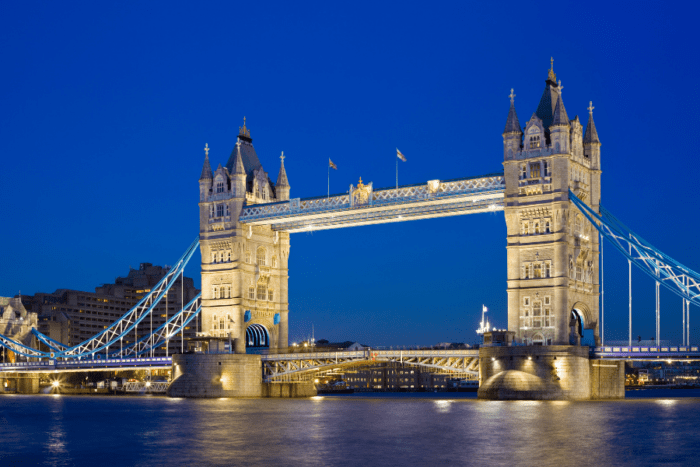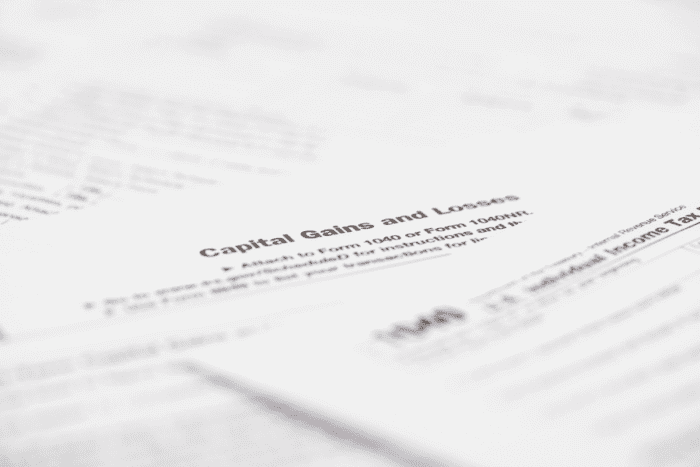UK Treasury Reviews Non-Dom Tax Breaks
November 24, 2023
Even though the UK Spring Budget 2023 did not contain any significant changes targeting non-UK domiciled taxpayers, they must be considered in the future.
Non-domiciled status exempts foreign nationals who reside in Britain from paying UK tax on overseas income and capital gains.
As the next general election gets closer, it’s fair to say that non-dom tax has become a political hot potato.
The issue has received plenty of attention recently from the Labour Party, and should they gain power, they have stated they would ‘abolish’ non-dom status.
Speculation mounts that the Conservative Government might tighten the existing rules, or at least review them.
For now, however, non-UK domiciled people can continue to take advantage of the tax breaks. In this article, we explore the developments that have led us here.
Find out more about our bespoke tax planning and offshore banking services here.
Non-Domicile Tax Under Scrutiny
The UK’s Non-Domicile Tax Program is under scrutiny. Yes, the UK tax is making the headlines again. If you’re new to the subject, you may be interested in our Ultimate 2023 Guide to Taxes for Non-Doms in the UK.
The word in the corridor of powers is that HNWIS can only avoid tax on their worldwide income for five years. This is ten years less than the current regulations allow.
This is one of the options on the table of the Treasury’s high-net-worth individuals policy team.
The chancellor, Jeremy Hunt, is also considering reducing the tax-free threshold for shareholders’ earnings from dividends from its present level of £2,000.
He declared that “those with the broadest shoulders should be asked to bear the greatest burden.”

Capital Gains Tax
In addition, there are calls for Jeremy Hunt to implement modifications to capital gains tax. This profit taxation would see HM Revenue & Taxation rake in extra billions if capital gains rates began to mirror income tax rates.
The Office of Tax Simplification introduced this idea in 2020. However, current prime minister Rishi Sunak, then chancellor, blocked the proposal.

Conservatives Taking Risks With Tax Breaks
Non-doms entered the public lexicon with the scandal of Rishi Sunak’s wife, Akshata Murthy, who infamously didn’t pay income tax on much of her income while a UK resident.
It has almost become a dirty word in the world of the British government. If Rishi Sunak is seen as rewarding non-doms, it could be controversial.
The definition of non-doms is British residents who claim on their tax return that their domicile, permanent home, is abroad. This qualifies them for special tax treatment, aka the remittance basis. Non-doms have become the pariahs of UK taxpayers.
In April 2022, Murty consented to future tax payments on all worldwide income. This allowed her to avoid backdated payments.
However, she agreed to pay UK taxes on all her foreign income, including dividends from her Infosys shares. This non-dom regime had saved her over £2m a year if estimates are to be believed. The rewards earned Murty over £11m a year.
Before this, Murty shelled out an annual fee of £30,000 for the non-dom status, exempting her from paying UK tax on her overseas income. Under the present rules, her non-domiciled tax status would expire after living in Britain for 15 years.

Labour Tax Break Concerns
With opinion polls predicting a Labour landslide election win, the opposition has gone on record as insisting that it would abolish the loophole. This would help to fund their ambitious spending plans.
Shadow chancellor Rachel Reeves believes getting rid of the tax break would raise £3.2bn a year in extra funds. The beleaguered National Health Service would benefit from an increased workforce.
Andy Summers, associate professor at LSE Law School, has argued that “by rewarding non-doms for keeping their investments abroad, the current tax rules harm our economy.” The country would benefit from the rise in funds due to new tax liabilities.
Summers contributed to a recent London School of Economics report that the non-dom system benefited those who claim non-dom status to the tune of £10.9bn a year in offshore income. By paying a fee to be allowed to file tax on a remittance basis, they ensure that they only pay tax on income brought into the UK.
Rishi Sunak and Jeremy Hunt have committed to freezing tax thresholds until 2028, a U-turn on a previous pledge of 2026.
As inflation sees people enter higher tax brackets or pay tax for the first time, it would raise more money, with an extra £5bn forecast. This has led to predictable criticism of the UK government launching a “stealth tax.”
At Nomad Capitalist, we are all over the latest developments in taxes. Where current tax rules in the UK may harm your investments abroad, we can recommend a non-dom regime elsewhere.
You shouldn’t need to pay UK tax if tax breaks are available as incentives for high-net-worth individuals offered by an altogether different tax regime. We’d like to help you go where you’re treated best.


Does Puerto Rico Pay Taxes to the US?
It’s a common question and one that often fuels confusion, debate, and a fair share of misinformation – Do residents of Puerto Rico actually pay US federal taxes? When most people think of US tax obligations, they naturally assume they apply uniformly across all US citizens. But when it comes to Puerto Rico, things are […]
Read more

Zug Canton Taxes: The Ultimate Destination for Wealth Management in Switzerland
Switzerland’s global reputation is built not just on stunning views of Alpine peaks and serene lakes but also on a foundation of exceptional quality of life, world-class infrastructure and investor-friendly tax policies. The results speak for themselves: efficient public transport seamlessly links cities and villages; the standard of living regularly ranks among the highest in […]
Read more

How Smart Investors Use Venture Capital to Build Wealth
Big companies like Google, Amazon, Facebook and Apple all started out as bold ideas backed by venture capital. Decades later, the same firms are household names, as familiar to most people as electricity, the internet, or the telephone. But hindsight is a fickle friend. The truth is, it wasn’t always so obvious they’d succeed. These […]
Read more





